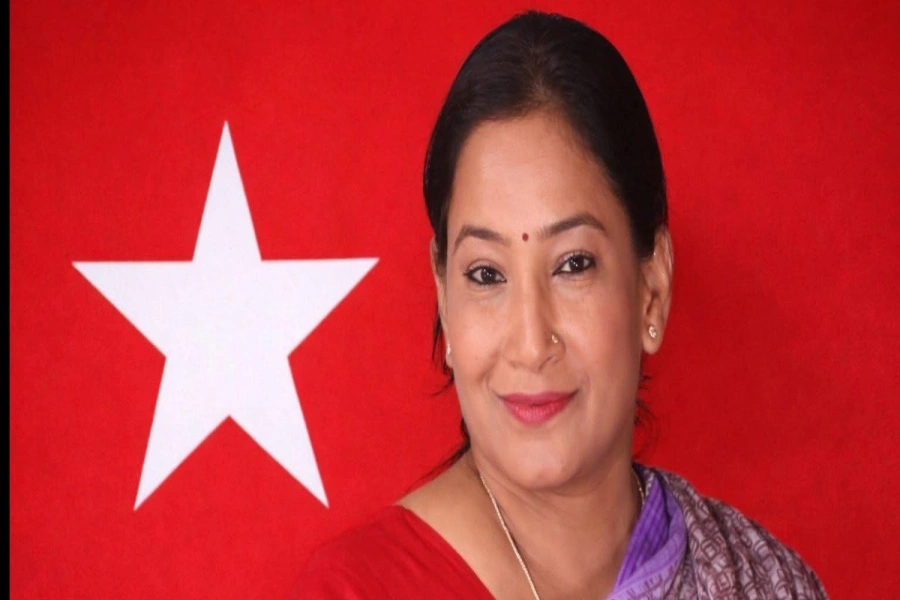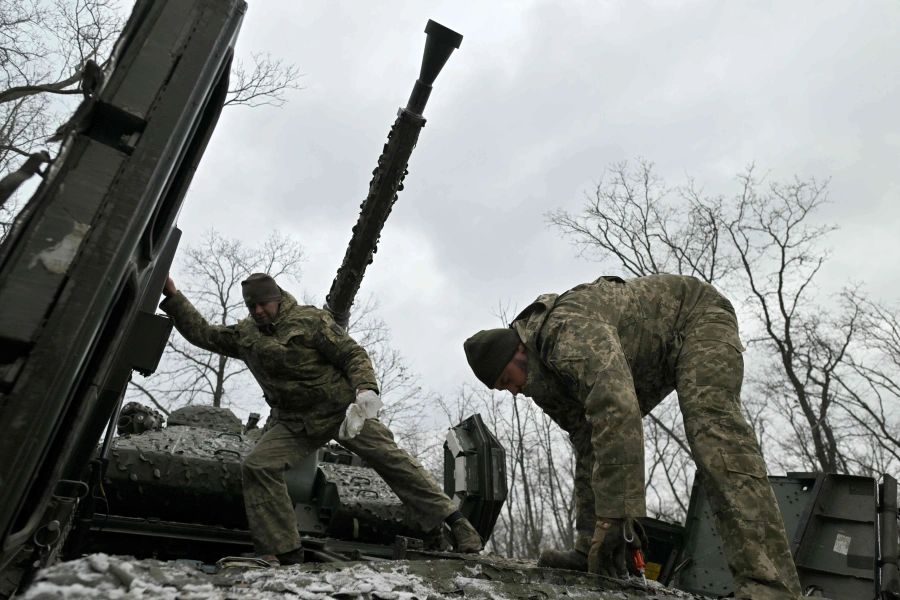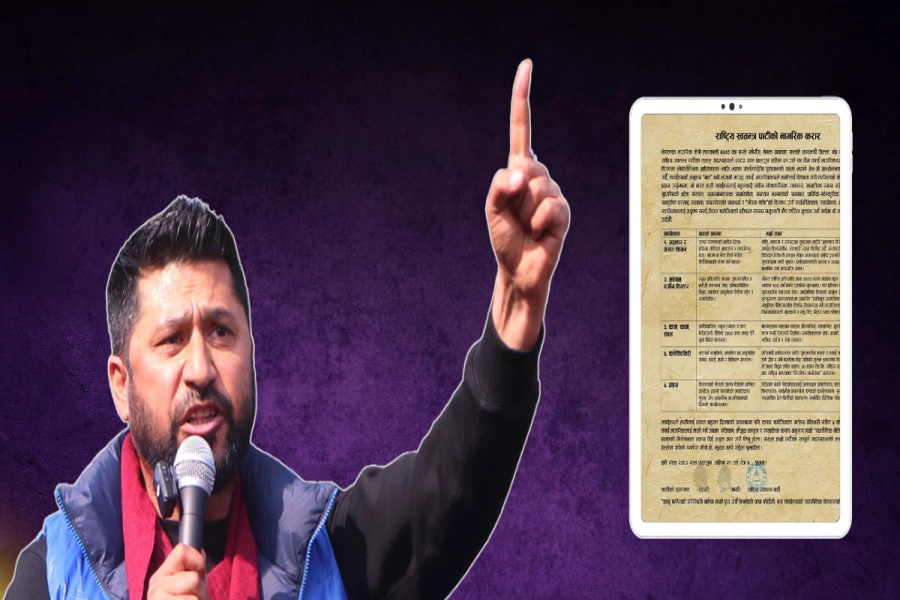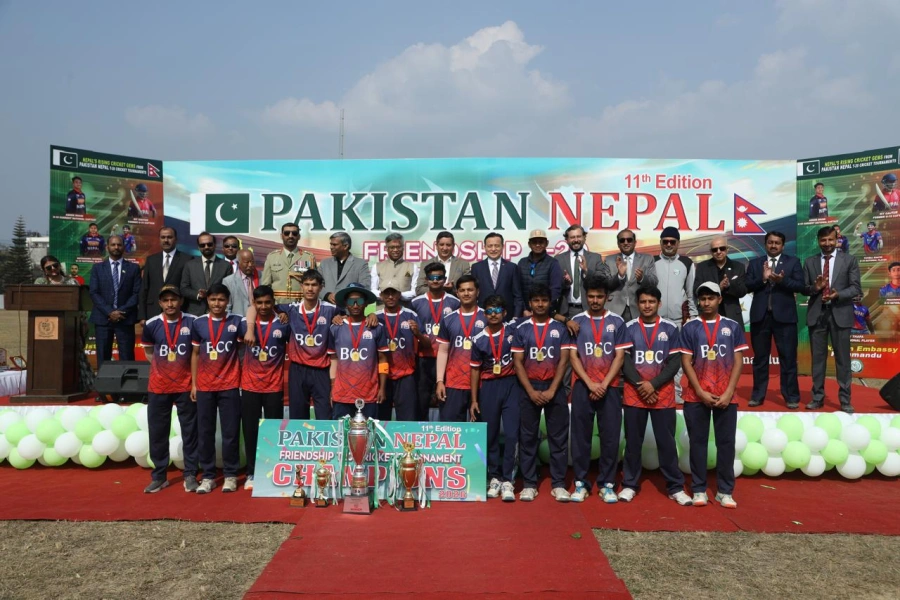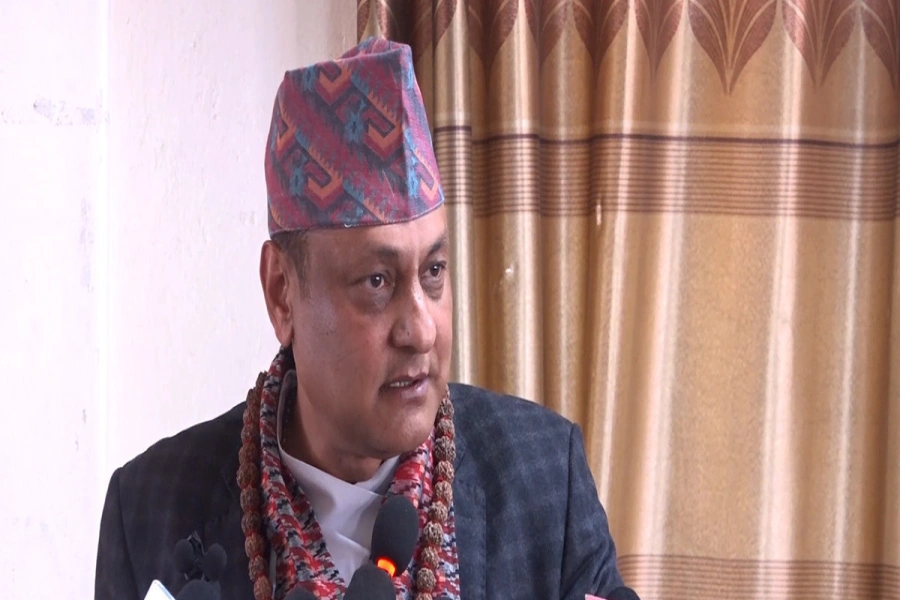Baburam Bhattarai government is at it again. Seven months after his government’s unsuccessful amnesty bid for former UCPN (Maoist) lawmaker and murder-convict Balkrishna Dhungel, which had sparked widespread outrage, the Home Ministry has now prepared directives that propose pardons, remittance and suspension of sentences for convicted criminals upon the recommendation of political parties. If the directives are endorsed by the Cabinet, legal experts believe they have enough loopholes for political parties to abuse clemency powers. This is a worrying development at a time when there is no parliament to check the abuse of power by the executive. As it did last November, the Supreme Court might yet prevent the Cabinet from implementing the proposed directives. But the latest case once again brings to the fore the perils of transitional politics, when the possibility for abuse of power is greatly heightened.
The President and Supreme Court have made it clear that the current Bhattarai government is a caretaker one and that it should refrain from taking decisions that have serious future ramifications. In this situation, it is disingenuous of the government to look to clear such a controversial provision through the back door. At this point it is not clear whether other major parties besides UCPN (Maoist) have given their tacit nod to the directives as they seek pardons for some of their own comrades. It is worth recalling that governments under all leaderships—NC, UML and UCPN (Maoist)—have time and again sought pardon for criminals within their ranks through executive order. If the current proposal has their backing, it will be a damning evidence of their lack of democratic credentials.
The latest government bid to seek pardon for hardened criminals could raise a dangerous precedent. Nowhere in the world can criminals be pardoned on the recommendation of political parties. The international practice is to pardon individuals only after thorough investigations of the likely grounds for pardon or clemency. The dubious intent of the latest proposed directive is also clear from the fact that it is silent on whether there will be pardon for convicted murders, serious rights violations and those engaged in crimes against humanity, even as it explicitly rules out pardons, remittances and suspension of jail terms for lesser crimes like corruption and drug trafficking.
We urge the government to seriously rethink its decision to sidestep the judicial process, which risks worsening the state of anarchy when both state and non-state actors can flout the law with impunity. As such provisions will be in clear contravention of the international rights treaties Nepal has entered into, the country risks getting into the bad books of its international friends and donors. One of the reasons Nepal was ranked 27th most vulnerable state in the world in the latest Fund for Peace ranking of 178 countries in its Failed State Index 2012 was owing to its appalling rights situation. Sadly, as directives seeking pardon for even hardcore criminals become a norm, the country can only move one way in the Index: Up.



